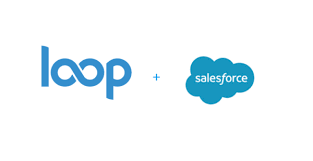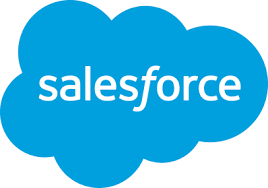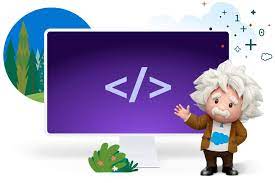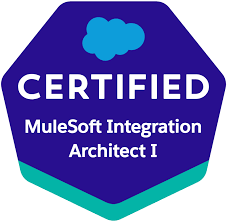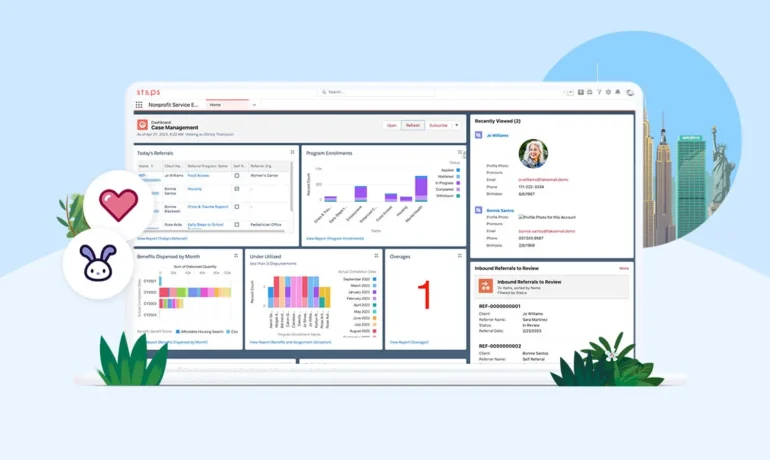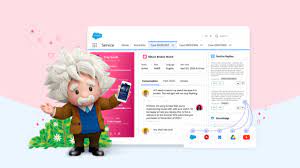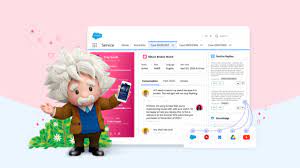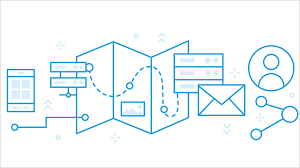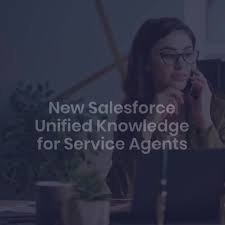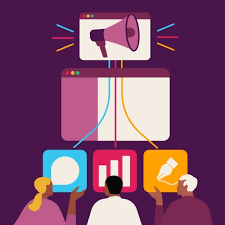Salesforce and Loop
Loop, the premier returns and reverse logistics platform, has extended its acclaimed returns management software to merchants using Salesforce Commerce Cloud, marking a significant expansion beyond Shopify’s realm. This integration offers enterprise merchants on Salesforce Commerce Cloud access to Loop’s renowned returns management solution, effectively easing the complexities associated with customer returns. Merchants leveraging Salesforce Commerce Cloud will now have the advantage of Loop’s user-friendly returns management software, facilitating streamlined reverse logistics processes. This integration aims to bolster profit margins by reducing the costs associated with returns and providing customers with a modern, exchange-centric returns experience. Key benefits for merchants include: Jonathan Poma, CEO of Loop, expressed enthusiasm about extending Loop’s acclaimed returns solution to Salesforce Commerce Cloud merchants, citing the increasing demand from brands outside the Shopify ecosystem. He highlighted Loop’s commitment to delivering a seamless experience characterized by ease of use, operational efficiency, and cost savings. Loop’s integration with Salesforce Commerce Cloud enables merchants to effortlessly manage item exchanges, synchronize order data, automate returns processes, leverage analytics for continuous improvement, and more. Merchants operating on Salesforce Commerce Cloud can explore early adoption opportunities by scheduling a demo with Loop’s team. Loop will also be present at Salesforce Connections 2024 in Chicago, inviting interested parties to schedule meetings to discover how Loop can streamline reverse logistics processes and reduce costs associated with returns. About Loop: Loop is a leading post-purchase platform specializing in returns, exchanges, and reverse logistics for over 3,500 renowned brands worldwide. With innovative features like Workflows, Instant Exchanges, Shop Now, and Bonus Credit, Loop empowers brands to unlock cost savings, enhance customer lifetime value, and retain more revenue. Having processed over 40 million returns to date, Loop continues to redefine post-purchase experiences. Learn more at www.loopreturns.com. Like Related Posts Salesforce OEM AppExchange Expanding its reach beyond CRM, Salesforce.com has launched a new service called AppExchange OEM Edition, aimed at non-CRM service providers. Read more The Salesforce Story In Marc Benioff’s own words How did salesforce.com grow from a start up in a rented apartment into the world’s Read more Salesforce Jigsaw Salesforce.com, a prominent figure in cloud computing, has finalized a deal to acquire Jigsaw, a wiki-style business contact database, for Read more Health Cloud Brings Healthcare Transformation Following swiftly after last week’s successful launch of Financial Services Cloud, Salesforce has announced the second installment in its series Read more

